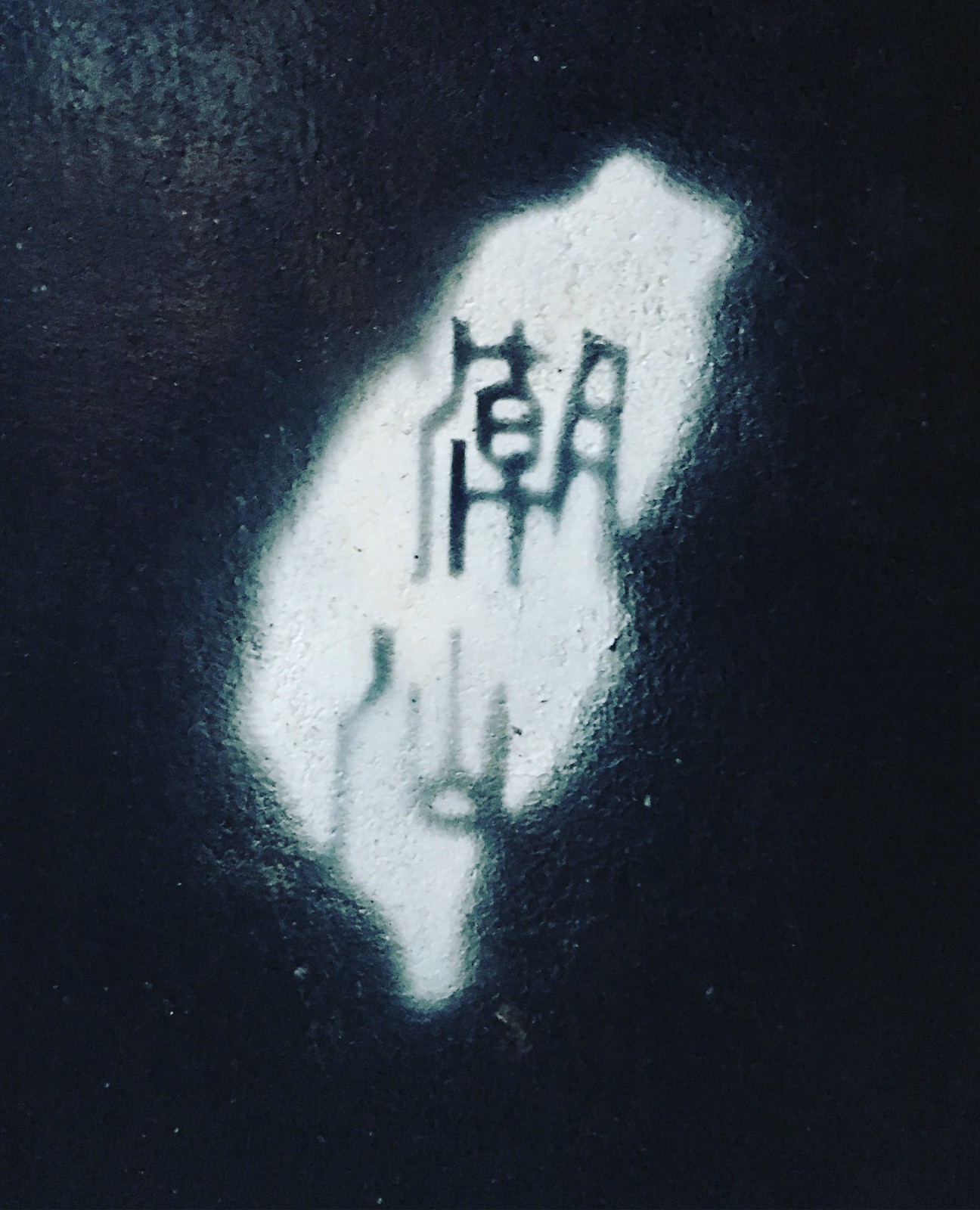
A few years ago, I wrote a long post detailing every teacher training opportunity in Taiwan, from short certification courses all the way to a discussion of whether or not to do a PhD. That post is still relevant (and I've updated some links as well), but I'd like to offer a narrower focus. Cut out the noise and just look at a few key options that might be the best fit for the person who asks this:
I'm a foreign English teacher in Taiwan and I want to get some accredited training to do my job better. How can I do that without leaving Taiwan?
Depending on your needs, prior experience and teaching credentials, any one of these programs might be right for you. You may even choose to do more than one -- I stacked a CELTA (which is like a CertTESOL) on top of a Delta (like a DipTESOL) and topped it off with a Master's. Or, you can take one course and call it good -- you'll still know more and improve more quickly than just about any teacher that doesn't invest in their professional development.
The Trinity CertTESOL and TYLEC
These are fundamental certifications -- the CertTESOL is similar to the CELTA (although it is slightly harder) and focuses on the basics of teaching. You can take this and go on to teach children/young learners, however, your teaching practice will generally be with adults. Both courses require some pretty intensive input sessions -- the CertTESOL usually meets every weekday morning for a semester. You'll have to teach quite a few assessed lessons, do observations and take exams, as well. While it's possible to do this while having an afternoon job, you will be extremely busy. However, people do it. (If a 4-week intensive option is ever offered, you'll want to take time off for that -- it is not possible to take that course and work at the same time.)
The CertTESOL can be taken by pre-service teachers, that is, people with no teaching experience, but is also helpful to teachers with experience who have no prior training. It is hard work, and you'll want to be ready for that. The CertTESOL is accredited at Level 5 in Europe and the UK. It's a 130 hour course, not including significant self-study time.
The TYLEC is a little different. The acronym stands for the "Teaching Young Learners Extension Certificate" and is a level up from the CertTESOL. It's actually significantly more difficult, accredited at a Level 6, so applicants do need significant teaching experience or an initial teaching qualification (which doesn't have to be the CertTESOL, by the way). It focuses on teaching younger learners and, as with the CertTESOL, you'll have quite a bit of input. You'll also have to keep an observation journal as you observe other young learner classes, and teach your own assessed lessons for more than one level of learner. The 60 hours of guided learning do not include a similar amount of necessary self-study.
If you want an initial high-quality qualification that will help you teach any age and level of learner, and have no prior certification and not much experience, go for the CertTESOL. If you are committed to teaching young learners and do have significant experience or a qualification (better yet, if you have both), the TYLEC is probably a better fit for you.
Both of these courses can be taken at InspiredCPD.
The Trinity DipTESOL
Similar to a Cambridge Delta, the DipTESOL is for committed teachers who have an initial qualification and significant post-qualification teaching experience (usually the rule is two years, though it might depend on the quality of that experience). It's equivalent to a Level 7 on the European accreditation system. It requires more of a time commitment (150 hours of input sessions, plus far more self-study), but is split into multiple sections.
As such, it's also more expensive than a CertTESOL or TYLEC, but if you're committed to teaching as a career, I would say it's worth the money (I have a Delta and found it to be the most challenging and rewarding of my various qualifications).
The CertTESOL runs about NT$55,000, the TYLEC is $70,000 and the DipTESOL runs about NT$110,000. Payment terms are flexible, however.
Why not CELTA and Delta, you ask? Because while there are online options for both -- I did a Delta from Taiwan -- the Trinity courses are now offered face-to-face in Taiwan.
The DipTESOL can also be taken at InspiredCPD.
The International Teaching Master's from Framingham State University (Master of Education with a concentration in International Teaching)
Brendan is currently enrolled in this program and seems quite satisfied with it. So, rather than talking about a course I didn't take, I'll let him tell you about it:
The program I’m in is entirely online due to Covid-19 (though I don’t know if that will continue to be true for future cohorts). It consists of nine courses, each of which lasts for about five weeks and are designed to be doable while also working full-time. The courses are spaced so that we get a month-long break between them. Tuition fees are currently just over $650 per course.
The material is clearly designed first and foremost with K-12 education in mind, which is different from what I do in my own work (my students tend to be university age or older). But I personally see this as a positive: my formal education in the field so far consists of a CELTA and a DELTA, which are about language teaching for adults, so it’s nice to be able to get a broader perspective on teaching. The professors are aware that the students are from a variety of teaching contexts, and there’s been nothing so far in the material that I haven’t been able to make relevant to my own situation.
Of the material I have studied so far, I would say the most relevant has been the course dealing with special education and learning disabilities. Although much of it was focused on young learners with disabilities, much of it can also be applied to adult students, and it really got me thinking about how I can more actively work to make my teaching accessible to all.
I like this program because I feel it is making me more well-rounded as a teacher and is helping fill in a lot of the gaps in my professional knowledge. I don’t know what I’ll be doing professionally ten years from now, and I feel this program is helping to prepare me for multiple options.
It's worth noting that the Framingham program is not specifically about English teaching, and there's nothing in it that focuses on TESOL in itself. However, it's useful for a wide range of teaching beyond TESOL. Framingham does offer a program focused on English teaching, but it's not available as often due to lower demand.
The link in the header to this section will take you to the program's main page. You can also get on the mailing list here.
A teaching certificate through TCNJ or Teach-Now (through Moreland University)
Both of these programs focus on general teaching, not TESOL specifically. Both require practicums. TCNJ (Teacher's College of New Jersey) hosts lectures in Hsinchu -- or at least they did pre-COVID -- there's a solid chance they've gone online in recent years. Contact them directly to learn about their post-COVID setup, to see if there have been any changes. The program requires no dissertation but does lead to a Master's. From my last post:
TCNJ also qualifies you to take the Praxis II (teaching qualification exams in the US), available on a very limited basis in Taiwan.
The program requires you to be teaching more than English as it's not specifically a TESOL course but rather one for general young learner education, and your practicums are done at your own work location. The program doesn't require a dissertation but it does require you to take the edTPA.
TeachNow costs $6,000 and runs for nine months, but is flexible. There are nine modules -- a friend describes it more as a BEd program than a Master's, but praises the training as practical and reflective. "Quite sweet" he called it. They have rolling admissions so you can join anytime. There are virtual practicums in the last few months -- you have to teach 5 classes and record them. You should have a mentor in your local setting and through the program, and you cover everything from technology in the classroom to classroom management, lesson planning and learning culture.
There is of course self-study which can take a variable amount of time. One friend in the program says it takes less than they say, another says that a single practicum cycle including recording and editing the lesson for submission takes 6-8 hours. I don't know how easy it would be to do if you don't have access to a local mentor through work, but it may be a good option.
A friend doing TeachNow through British Council in Vietnam says that the program has definitely made him a better teacher. You can't get a better endorsement than that! However, unlike TCNJ, you'd mostly be interfacing with the program online. TeachNow leads to a K-6 teaching license.
For both TCNJ and TeachNow, you have to do the teaching license exams. TeachNow gives you a teaching license in Washington, DC but it can be transferable. If you're not American there are some extra steps to follow, but theoretically it can be rolled into a UK qualification like QTS (Qualified Teacher Status).
Other local and online options
These training opportunities are not the only ones available for foreigners looking to improve their teaching qualifications and abilities. My earlier post outlines some online options including MATESOL, PGCE (a British qualification) and programs through Nile, Bell and The Distance Delta. It also covers local options through Taiwanese universities, the Teaching Knowledge Test and a local certification program which runs 35 hours and now includes online options. Have a look there for more details.




